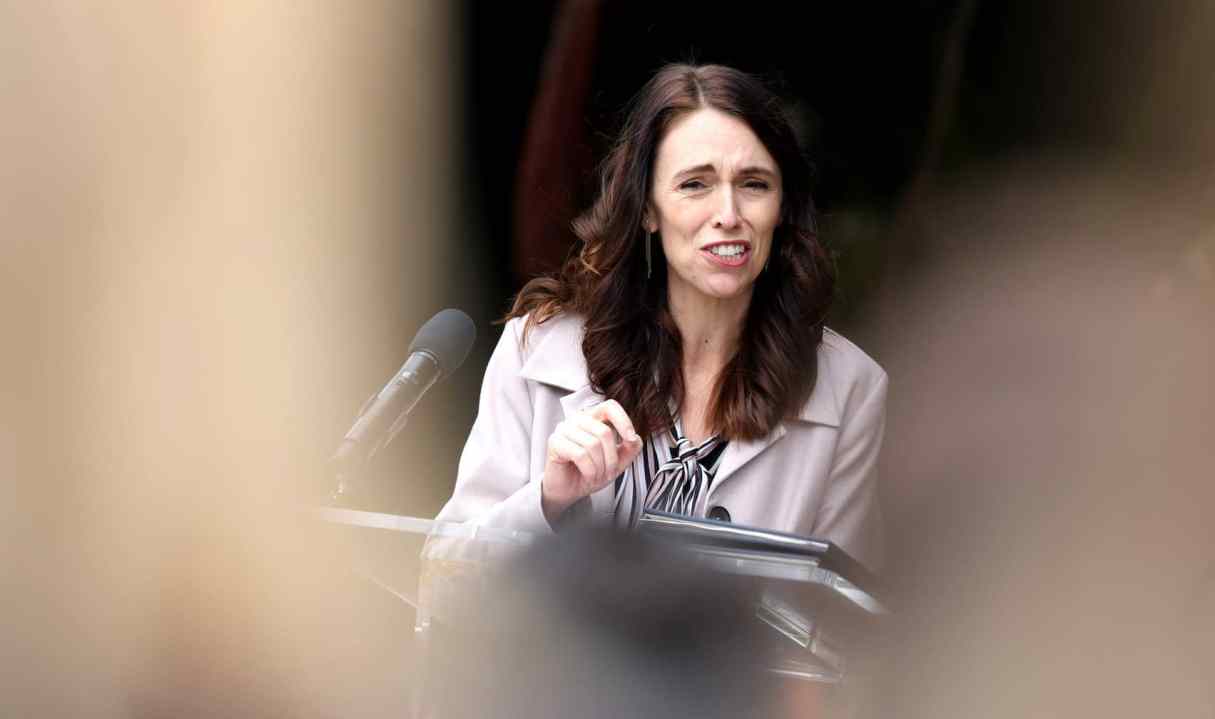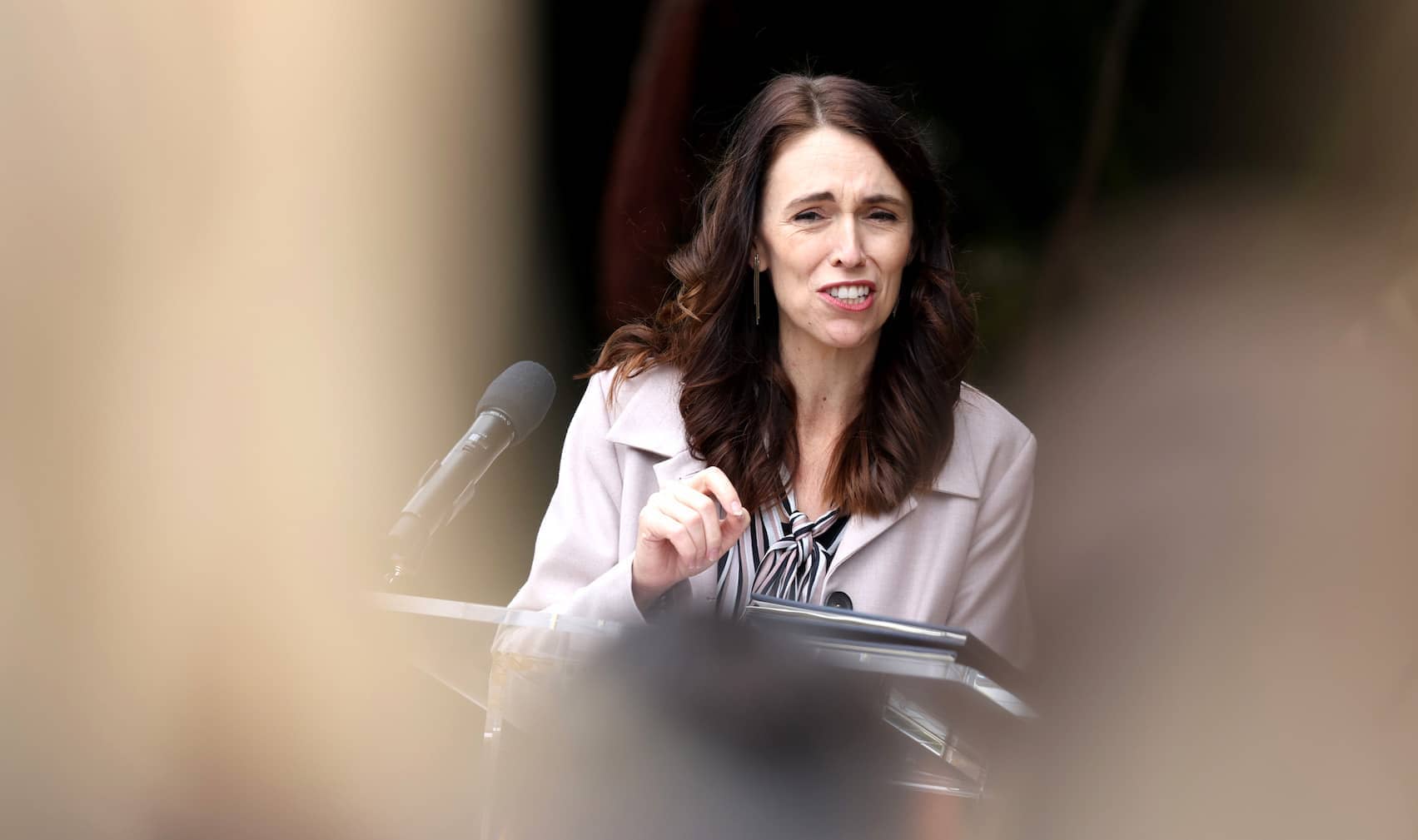New Zealand Prime Minister Jacinda Ardern is currently leading a trade mission to the United States, with a meeting between her, Joe Biden and Kamala Harris pencilled in for later this week. Her appeal on the world stage is evident – the New York Times over the weekend hailed her ‘inspiring’ – but there is a considerable disconnect now between her high regard internationally and the discontent she is facing domestically.
Ardern has several goals. One is spreading the word post-Covid that New Zealand is open for business. But she also wants to beef up international trade and regional security. The US has attempted to pivot to Indo-Pacific in recent years, but that plan is now in question after Russia’s invasion of Ukraine. China’s aggressive relationship building in the Pacific, including a recent security deal with the Solomons, has concerned the Pacific islands’ traditional allies, New Zealand and Australia.
But what has garnered the most focus internationally is Ardern’s comments on gun control following the shooting of 21 people – including 19 children – in Uvalde, Texas. The Late Show host Stephen Colbert opened his interview with Ardern by referencing New Zealand’s gun law changes after the Christchurch mosque attacks in 2019. The tragedy has clearly elevated the Prime Minister’s relevance in the US, suddenly bringing to the fore her heavily conditioned trademarks as a public figure: pragmatism and emotional intelligence.
She’s increasingly looking like a Gorbachev figure, a politician who enjoys global acclaim while domestically stoking discontent
And yet she’s increasingly looking like a Gorbachev figure, a politician who enjoys global acclaim while domestically stoking discontent. 2022 has seen a slew of challenges for the Labour politician: an Omicron outbreak, the cost of living crisis as well as wider economic effects of the war in Ukraine. And yet her international persona – the sympathetic shoulder at Christchurch and her muscular approach to Covid – has made her a kind of ideal avatar of global liberalism.
Ardern’s ratings have dropped to 36.6 per cent, down seven points, a fall larger than that of her party. Meanwhile, opposition National leader Christopher Luxon is gaining. He’s up six points to 23.9 per cent.
It marks Ardern’s lowest result in the poll since she became Prime Minister in 2017 and the best result for a National leader since before that election. This is part of a consistent trend. In March, a TVNZ/Kantor poll found National had overtaken Labour – albeit by a smaller margin – for the first time since the pandemic began.
Those results mark a return to conventional political trends in New Zealand, where multiparty coalition governments are the norm. In the last election, Labour won a large enough chunk of the vote to govern alone. This was unusual – driven by Ardern’s personal popularity, and widespread support for the government’s Covid-19 response.
In recent months, New Zealand’s attention has turned from the Covid response to the mounting challenges of inflation and the cost of living. In April, annual inflation reached a 30-year high of 6.9 per cent, and in March, food prices were 7.6 per cent higher compared with the year before. Despite government tax relief on petrol, prices at the pump have been driven up by the flow-on effects of the war in Ukraine. Median rents are up 7 per cent year on year and high prices are locking many first-time buyers out of the housing market.
Ardern told Newshub: It has been a really difficult period for New Zealand and then of course, by default, that makes it a difficult period to govern through,’ she said. ‘There will be from time to time tough decisions that need to be made and if that means that we take a bit of a hit in the numbers, so long as we stand by all of the decisions we’ve made – and we do – then that’s a price we’re willing to pay.’
National party leader Christopher Luxon told the New Zealand Herald the results reflected broad disaffection among New Zealanders. ‘Why it’s happening is the public is just feeling that it’s a government that’s all spin and no delivery and it doesn’t get things done,’ he said. The Prime Minister is promising she’s up for round three, saying she will definitely run in 2023. ‘I’m not going anywhere,’ Ardern declared. That might well be her intention, but New Zealanders will have the final say.







Comments